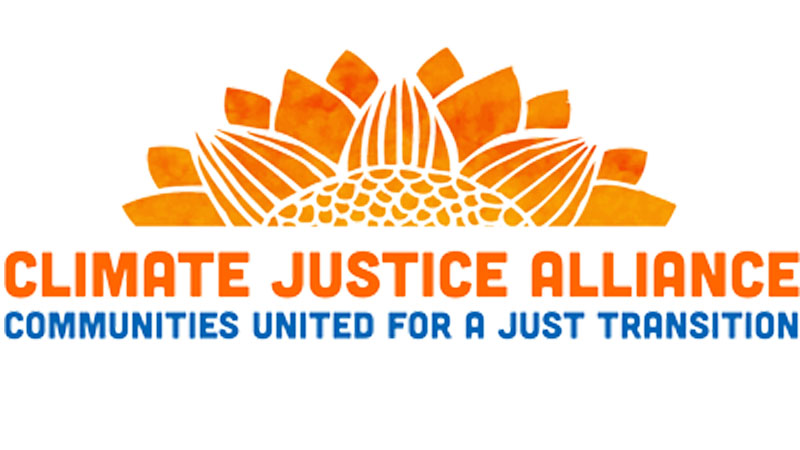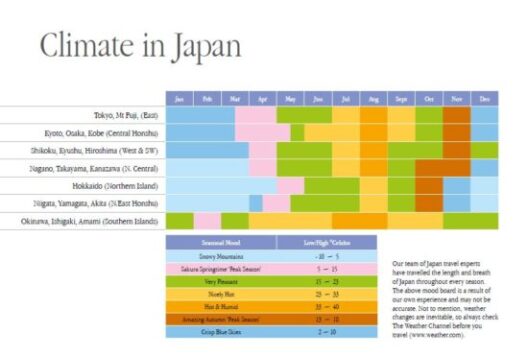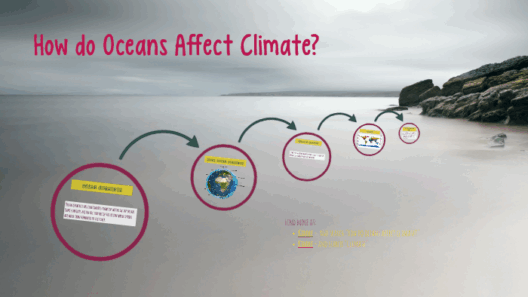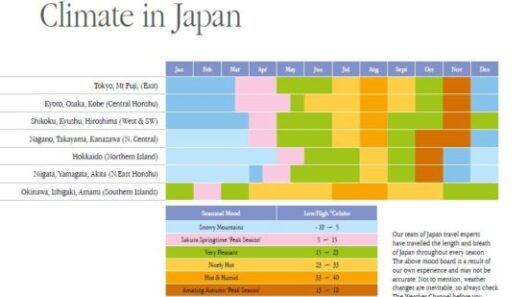Is FIRE Connected to the Climate Justice Alliance?
The Climate Justice Alliance (CJA) has emerged as a pivotal entity in the realm of environmental activism, advocating for structural shifts in the way society addresses climate change and its disproportionate impacts on marginalized communities. Within this ecosystem of advocacy, the organization FIRE (Foundation for Individual Rights in Education) has raised questions about its association with the CJA. This article delves into this inquiry, unpacking the nuances and intersections between these organizations. The commitment of both to the advocacy for social and environmental justice is examined, alongside their respective missions, to clarify any misconceptions surrounding their collaboration or the lack thereof.
Understanding the Nature of the Climate Justice Alliance
The Climate Justice Alliance is an assemblage of organizations and communities that unite to confront the systemic root causes of climate change. With a pronounced focus on social justice, the CJA’s philosophy is underscored by the acknowledgment that the brunt of climate disasters often befalls those already ensnared in cycles of inequality. Its campaign strategies encompass a variety of initiatives, including resistance to fossil fuel extraction, promotion of renewable energy jobs, and the nurturing of community-led sustainable practices. Essentially, the CJA operates under the tenet that environmental solutions must be inclusive, equitable, and transformative.
Through grassroots mobilization, educational efforts, and policy advocacy, the CJA seeks to develop resilient community frameworks. Its approach emphasizes the need for solutions that integrate environmental sustainability with social, economic, and racial equity, drawing attention not only to climate metrics but also to the socio-political landscapes that shape them. By fostering coalitions and networks, CJA aims to amplify the voices of those most affected by climate injustices.
The FIRE Organization: A Primer
The Foundation for Individual Rights in Education (FIRE) is distinct in its mission, primarily dedicated to the protection of individual rights in higher education environments, particularly the First Amendment rights. FIRE’s advocacy concentrates on safeguarding free speech and promoting academic freedom across campuses in the United States. With a commitment to defending expression and dissent, FIRE engages with students, faculty, and policymakers to illuminate issues related to censorship and civil liberties.
While both entities espouse progressive values, their focal points diverge sharply. FIRE’s aims are predominantly within the academic sphere, while the CJA targets broader environmental and social justice issues on a communal level. This essential distinction raises pertinent questions when evaluating potential affiliations or collaborative opportunities between these organizations.
Dissecting the Perceived Association
Amidst discussions about environmental justice, the inquiry regarding FIRE’s association with the Climate Justice Alliance often surfaces, primarily fueled by a shared commitment to advocacy. However, it’s crucial to demystify the nature of their relationship. CJA does not function under the auspices of FIRE nor vice versa; they do not engage in direct collaborative initiatives, nor do they share funding sources or organizational goals.
While there are overlapping themes, such as the pursuit of justice—whether that be environmental or personal rights—the operational frameworks differ greatly. CJA is deeply embedded in grassroots environmental activism, focusing on policies and practices that target the climate crisis and its societal repercussions, while FIRE prioritizes constitutional protections within educational spaces.
Contrasting Missions: Recognizing the Differences
Understanding the distinctive missions of both organizations helps clarify the narrative regarding their affiliation. The CJA is predicated on confronting the inequities exacerbated by climate change, working from the ground up to affect policy change and empower marginalized voices. Their efforts manifest through community organizing, strategic mobilization, and capacity-building in vulnerable populations, ensuring that climate solutions are just and equitable.
Conversely, FIRE asserts that the foundation of democracy hinges on the protection of free speech—without which, the very fabric of a free society risks unraveling. Their focus on academic freedom and individual rights extends primarily to students and faculty, emphasizing the importance of an open discourse as a methodological bedrock for social progress across all disciplines, including environmental studies.
Finding Common Ground: Possible Points of Intersection
Despite the different missions, one cannot completely disregard the potential for intersection. Advocates for climate justice recognize the importance of free expression as a tool for advocacy; thus, supporting FIRE’s mission can indirectly bolster the work of the CJA. Likewise, a climate justice frame can enrich discussions within educational spaces about the environmental impacts of policy decisions that affect marginalized communities. Therefore, while they operate independently, elements of their goals could theoretically align to bolster broader movements for social change.
Final Thoughts: Appreciating Distinct Paths in Advocacy
In summation, while the Climate Justice Alliance and the Foundation for Individual Rights in Education might resonate with shared progressive values and an overarching commitment to justice, they are distinctly separate entities with unique missions. The CJA focuses on confronting the immediate and long-range effects of climate change on vulnerable communities, while FIRE champions the protection of free speech within academic environments. Understanding their individual contributions to the fields of climate justice and civil liberties respectively provides clarity. Each organization plays a vital role in their own domains, offering meaningful tools and strategies vital to broader movements for justice in all forms.








